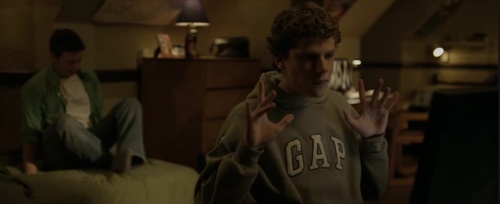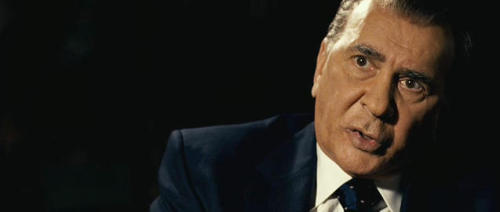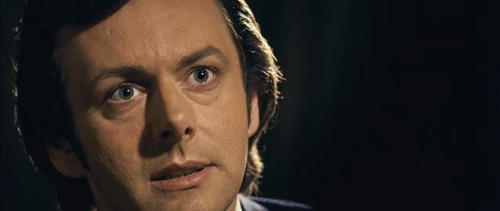The Aviator (Martin Scorsese, 2004)
The Aviator sees one of the most celebrated of living filmmakers chronicle the life of one of the twentieth century’s most extravagant and flamboyant figures. Howard Hughes has been an obvious and tempting topic for ages: there has already been one film biography, the 1977 The Amazing Howard Hughes, with Tommy Lee Jones (which I haven’t seen), and Spielberg was kicking around Hughes as a subject with William Goldman and Warren Beatty back in the early 1990s. The Aviator is a somewhat old-fashioned, straightforward biopic, and it will never make a list of Scorsese’s greatest movies, but it’s a highly polished and engaging movie that for the most part overcomes some flaws in its screenplay.
Hughes’ astonishing life has so many facets that it provides almost too much for any one film, and The Aviator wisely narrows its focus to his relatively early years, starting with his epic production of the film Hell’s Angels in the late 1920s, and taking the story through to his test flight of the “Spruce Goose” in the late 1940s. His loopy-as-an-airshow later years (in which he became one of the world’s most determined recluses) aren’t covered, although they are heavily foreshadowed: the film takes him from gregarious playboy to an obsessive eccentric. It’s a story filled with big name characters (Katharine Hepburn, Ava Gardner, Errol Flynn, Jean Harlow), and Scorsese’s reputation has secured a deep cast to give the film that old-fashioned big epic feel. In addition to Leonardo Di Caprio as Hughes and Cate Blanchett as Hepburn, the film features Alec Baldwin, John C Reilly, Jude Law, Alan Alda, Ian Holm, Kate Beckinsale, Edward Herrmann and Willem Dafoe in a range of often small parts.
Continue reading →



